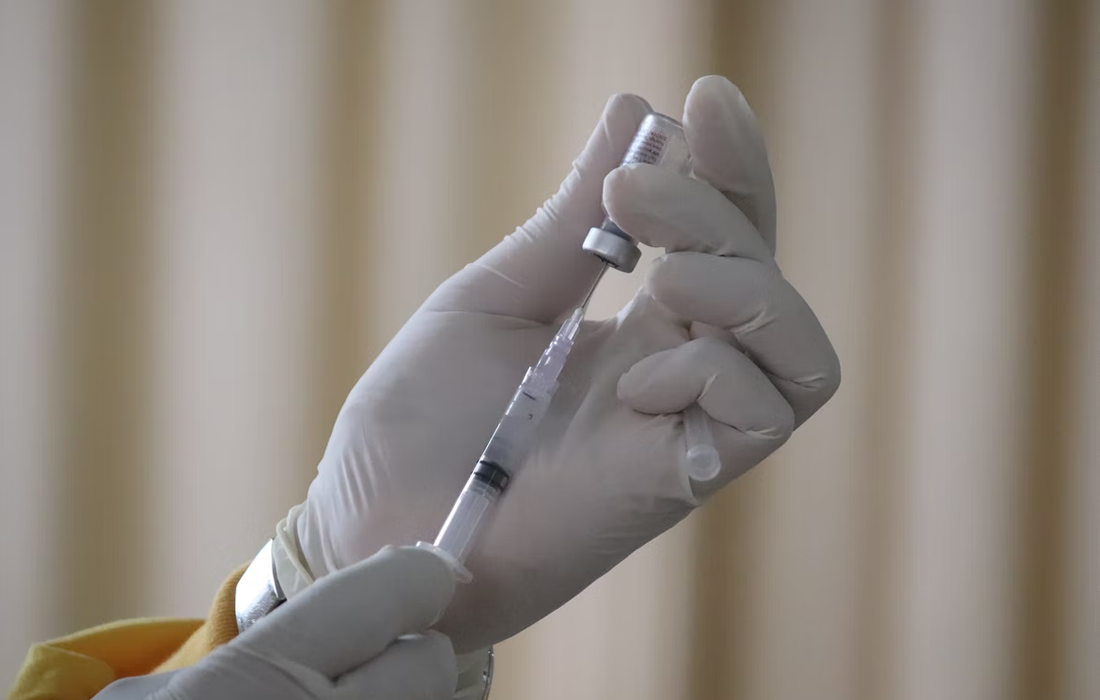Regenerative Medicine News and General Information
Novel Vaccine Showed Efficacy in the Treatment of Solid Tumors
In order for our immune system to establish an adequate antitumor activity, it requires antigen-specific lymphocytes to undergo activation, expansion, and differentiation, which is determined by the interaction between T cells and antigen-presenting cells (APCs).
That is why the control of APC function is a critical step for therapeutic strategies that require T-cell stimulation, with the activation of CD8+ cytotoxic T lymphocytes (CTLs) has been proved as a key factor in cancer immunotherapy.
In a recently published study, researchers developed a genetically engineered cell membrane nanovesicle that integrates antigen self-presentation and immunosuppression reversal (ASPIRE) for cancer immunotherapy. The results appear in the journal Nature Nanotechnology.
The team developed the ASPIRE nanovaccine from a recombinant adenovirus-infected dendritic cells, with peptide-major histocompatibility complex class I, anti-PD1 antibody, and B7 co-stimulatory molecules anchored by a programmed process.
The new vaccine has the ability to present neoantigens to CD8+ T cells directly and produce a strong cytotoxic T cell response.
According to the team, the ASPIRE can markedly improve antigen delivery to lymphoid organs and generate a broad-spectrum T cell response to eliminate tumors.
The team used mice models for tumors to evaluate the use of their new vaccine with success, which could lead to further studies in humans and become a standard and a big improvement in the use of cancer immunotherapy.
Source:
Liu, C., Liu, X., Xiang, X. et al. A nanovaccine for antigen self-presentation and immunosuppression reversal as a personalized cancer immunotherapy strategy. Nat. Nanotechnol. 17, 531–540 (2022). https://doi.org/10.1038/s41565-022-01098-0
Image from:
Photo by Mufid Majnun on Unsplash

